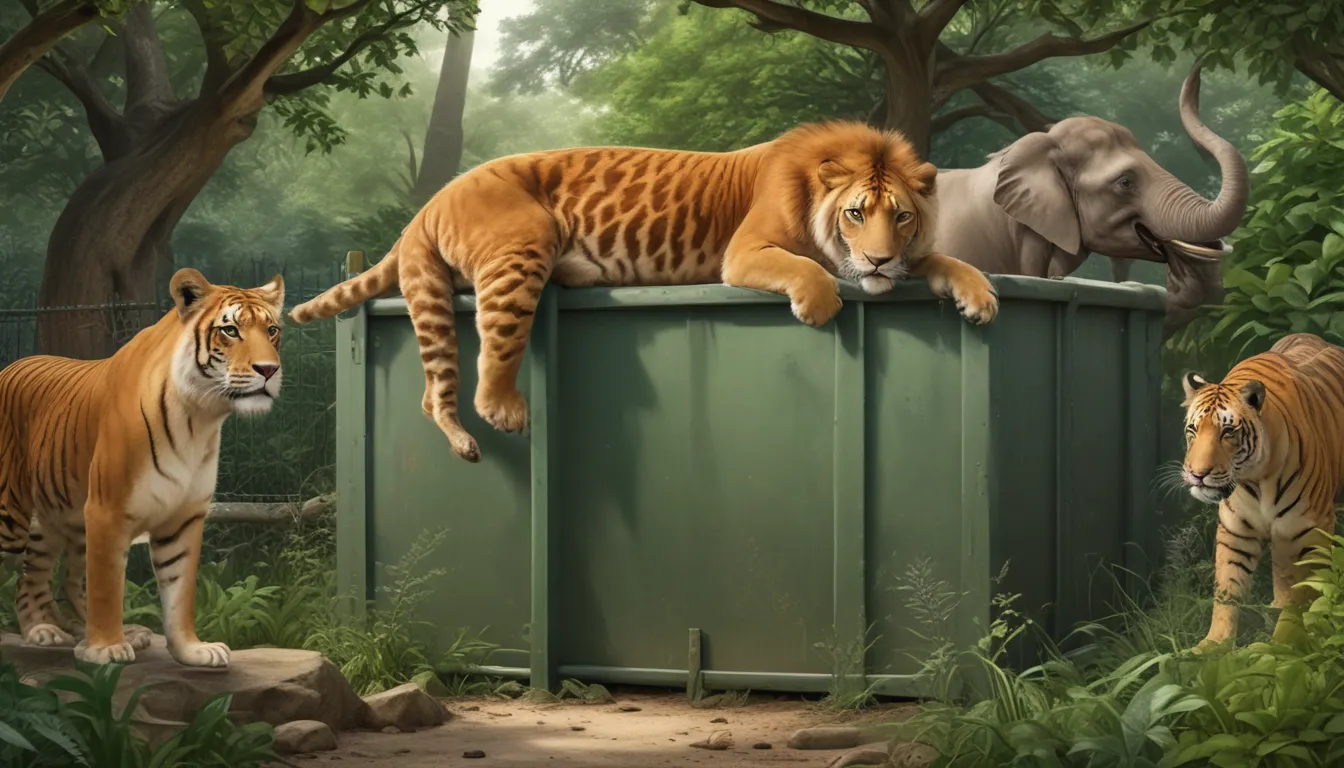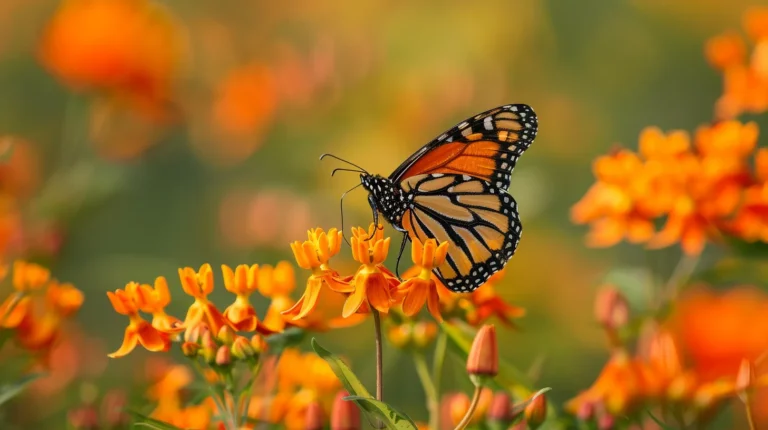The pictures we use in our articles might not show exactly what the words say. We choose these pictures to make you interested in reading more. The pictures work together with the words but don’t take their place. The words still tell you the important facts.
Are you curious about the unique aspects of UK zoos that set them apart from other institutions around the world? UK zoos are not just places where animals are kept; they are hubs of conservation, education, and research. These institutions play a vital role in preserving species and their habitats, contributing significantly to global conservation efforts. From the historic London Zoo to the innovative projects at Chester Zoo, UK zoos offer a wealth of opportunities for visitors to engage with wildlife and learn about the importance of conservation. In this article, we will delve into 23 fascinating facts about UK zoos, shedding light on their achievements, history, and the crucial role they play in wildlife conservation and education. Whether you are an animal lover, a conservation enthusiast, or simply seeking an enlightening day out, UK zoos have something to offer everyone.
The Unique Characteristics of UK Zoos
Uk zoos distinguish themselves through their unwavering commitment to conservation, education, and research. These institutions not only provide a home for diverse species but also actively engage in protecting endangered animals and their habitats. Through interactive exhibits and educational programs, UK zoos strive to raise awareness about wildlife conservation and inspire visitors to take action in preserving the planet's biodiversity.
- London Zoo, established in 1828, holds the title of being the world's oldest scientific zoo. Initially created for scientific study, it opened to the public in 1847 to support conservation efforts.
- Chester Zoo, the most visited zoo in the UK, is renowned globally for its conservation work. It supports over 70 projects worldwide, with a focus on protecting endangered species.
Leading Conservation Initiatives by UK Zoos
UK zoos are at the forefront of international conservation efforts, working diligently to prevent species from facing extinction. Their initiatives extend beyond the confines of the zoo, reaching into the wild to restore habitats, reintroduce species, and conduct crucial research.
- Bristol Zoo Gardens has successfully bred a variety of endangered species, including the critically endangered Socorro dove, which is extinct in the wild.
- Edinburgh Zoo is the UK's sole home to giant pandas, Tian Tian and Yang Guang, as part of a global conservation breeding program aimed at increasing the panda population.
Educational Programs and Research Opportunities
Zoos in the UK prioritize education, offering a wide range of programs designed to inform visitors of all ages about the significance of wildlife conservation, animal behavior, and the challenges facing various species in the wild.
- ZSL London Zoo leads the EDGE of Existence program, emphasizing the conservation of Evolutionarily Distinct and Globally Endangered (EDGE) species, which have limited close relatives on the tree of life.
- Many UK zoos, such as Paignton Zoo, engage in scientific research, providing valuable insights into animal health, behavior, and genetics to the global scientific community.
Experiencing Unique Exhibits and Interactions
Visitors to UK zoos can enjoy a diverse array of exhibits and immersive experiences that bring them closer to the animal kingdom. These encounters are designed to be both educational and entertaining, offering unforgettable memories while fostering a deeper appreciation for wildlife.
- Whipsnade Zoo offers a "Lookout Lodge" experience, allowing guests to spend the night within the zoo and immerse themselves in the sounds of the animals under the stars.
- Chester Zoo's "Islands" exhibit transports visitors to Southeast Asia, showcasing the biodiversity of regions like the Philippines, Bali, and Sumatra, with a focus on conservation and research efforts.
The Crucial Role of Zoos in Wildlife Conservation
UK zoos play a pivotal role in wildlife conservation, both locally and internationally. They engage in breeding programs for endangered species, habitat restoration projects, and efforts to combat wildlife trafficking and poaching.
- Twycross Zoo is renowned for its primate conservation work, boasting one of the most extensive collections of gibbons in Europe and participating in breeding programs for critically endangered species.
- The Aspinall Foundation, connected with Howletts and Port Lympne reserves, focuses on reintroduction projects, successfully sending gorillas, rhinos, and other animals back to their natural habitats.
Addressing Challenges and Controversies
While UK zoos contribute significantly to conservation and education, they also encounter challenges and controversies. Discussions around animal welfare, the ethics of keeping animals in captivity, and the impact of zoos on conservation are ongoing.
- Critics argue that even well-designed enclosures cannot replicate animals' natural habitats, potentially leading to physical and psychological issues for the animals.
- Despite these challenges, UK zoos continue to evolve, embracing more humane and naturalistic enclosure designs and placing a greater emphasis on conservation science and animal welfare standards.
Embracing the Future of UK Zoos
Looking ahead, UK zoos are poised to expand their role in conservation and education. Through advancements in technology, zoos can offer more immersive and interactive experiences, furthering their mission to connect people with nature and inspire conservation action.
- Innovations like virtual reality (VR) experiences and live animal behavior streaming enable zoos to reach a wider audience, extending their educational impact beyond physical visits.
- As climate change and habitat destruction intensify, the conservation work of UK zoos becomes even more critical. These institutions are broadening their efforts in global biodiversity conservation to secure species for future generations.
In conclusion, UK zoos offer a unique blend of education, conservation, and entertainment. They are not merely places to observe animals; they are catalysts where conservation meets public awareness. Engagement with these zoos allows visitors to be part of a larger conversation on conservation and the future of our planet's biodiversity. When planning your next visit, remember that it is more than just a day out—it is an opportunity to connect with nature and support vital conservation efforts. UK zoos serve as gateways to the wild, where each visit contributes to a greater purpose.






